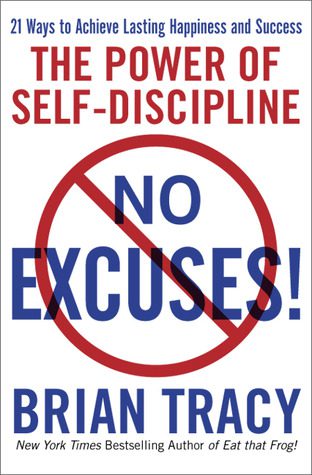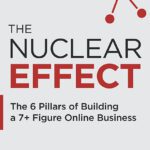A buffer time is the extra time reserved between tasks, appointments, meetings or schedules to help manage unexpected interruptions, distractions, delays, transitions or disruptions. Your buffer time can help you complete more things, reduce stress/burnout, and improve productivity and focus. We all have buffer time we can deliberately use effectively during the day. I am often asked, “How can you read 100+ books yearly?”. One of the productivity hacks that has helped me become more productive is how I try to use the buffer time that presents itself daily. Here are some of the ways that I use buffer time to enhance my productivity daily:
- I read from my Kindle while in traffic transition or waiting in line.
- Listen to an audiobook while waiting in a queue or exercising in the gym.
- Practice French flashcards while waiting to play in a volleyball or pickleball game.

We all have the same amount of time daily; how we choose to use this finite resource is the main difference between high achievers and non-achievers. We often underestimate what we can do with this buffer time; by reading 30 minutes to 1 hour per day, you can finish a book per week, equal to 50 books per year. The challenge for most of us is that we do not prioritize our goals. To achieve anything worthwhile, try to make it fun and remove as much friction as possible. I try to read as much as possible because I have many things I want to figure out and strengths I want to solidify.

Canadian-American motivational public speaker Brian Tracy, in his book No Excuses!: The Power of Self-Discipline observed that you become 26 percent better yearly by doing the following:
Reading one hour per day in your field will make you a national authority in three to five years. This alone can give you your 1,000 percent increase over the course of your career.
By working on yourself a little bit each day—learning new skills, getting better at your key tasks, setting priorities, and focusing on higher-value activities—you can become 26 percent more productive over the course of an entire year.
By the Law of Accumulation, or the Law of Incremental Improvement, by the end of twelve months, you would be 26 percent better. If you continued to improve at 26 percent per year, by the end of ten years, with compounding, you would be 1,004 percent more productive. Your income would increase at the same rate. This formula works—if you do.
If you read in your field one hour per day, that will translate into about one book per week. One book per week will translate into about fifty books per year. Since the average adult reads less than one nonfiction book per year, if you were to read fifty books in your field each year, do you think that would give you an edge in your profession? Do you think that it would move you ahead of virtually everyone else in your business? Of course, it would!
One hour per day of study in your chosen field is all it takes. One hour per day of study will put you at the top of your field within three years. Within five years you’ll be a national authority. In seven years, you can be one of the best people in the world at what you do. – Earl Nightingale
Meditation
- Daily Calm with Tamara Levitt – FOMO
- The Fear of Missing Out: when exposed to the ideals and images of social media, it is easy to ascend into destructive behaviours and unpleasant emotions like comparison, envy, loneliness, shame and anxiety.
- Dealing with FOMO: Recognize we are creating a story. We see these perfect moments, and we wish they were ours, but we forget that what we are viewing is only a partial depiction, an incomplete glimpse of other people’s lives. By indulging in these fantasies, we are pulled further away from the goodness of our own present reality, causing less and less contentment. It is the absence of wanting that we find peace.
There’s only one reason why you’re not experiencing bliss at this present moment, and it’s because you’re thinking or focusing on what you don’t have….But, right now you have everything you need to be in bliss. – Anthony de Mello
- Daily Jay with Jay Shetty – Negativity Bias
- Negativity Bias is baked into how we see the world around us. Our brain gives more weight to the negative than the positive; we highlight our faults and blunders, the things that go wrong, and we tend to gloss over our successes and strengths. From an evolutionary standpoint, negativity bias is a survival tool, helping to keep humans safe in the face of potential threats or danger.
Podcast
- How To Change Your Life In 30 Days With Reverse Goal Setting – Try This Before 2024 | Cal Newport
All the best in your quest to get better. Don’t Settle: Live with Passion.



Comments are closed.